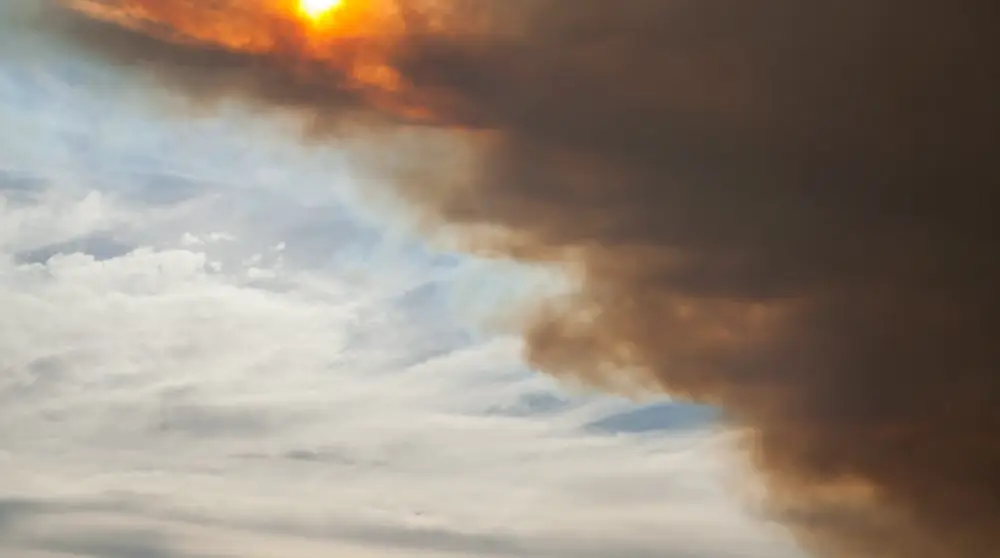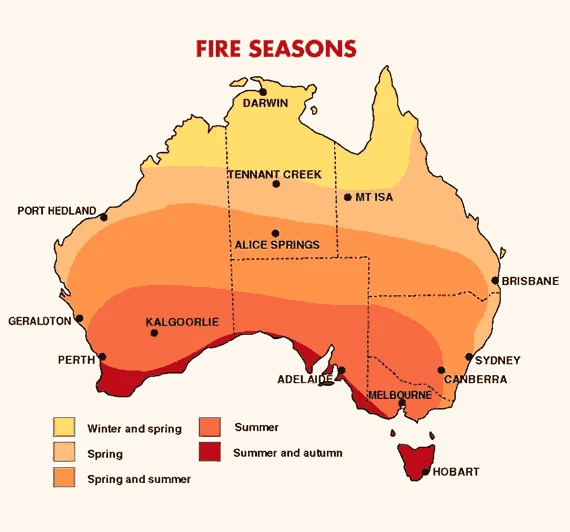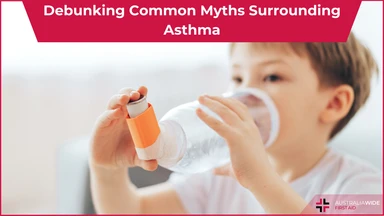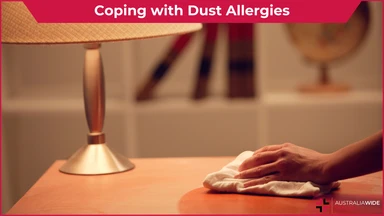Asthma and Bushfire Smoke


It's bushfire season, which means the burning of wood and bushland releases harmful gases, including carbon monoxide, nitrogen oxide, carbon dioxide and a range of organic compounds.
This not only causes a threat to your home and the environment, but it also affects the air quality, irritating sensitive airways and triggers asthma.
Children, the elderly, smokers and people with existing heart and lung conditions, including asthma are usually the first to feel the effects of bushfire smoke and particle pollution.
As a result, Australia Wide First Aid encourages you to take extra care the during summer/bushfire season.

If you are living with asthma in a high risk bushfire zone, you should include asthma management in your fire safety survival plan.

October 2, 2013
In an asthma or anaphylaxis emergency you should know the symptoms, remove triggers, and know how to respond. Read on to understand these important aspects in the context of such an emergency.

May 7, 2024
Asthma, a chronic respiratory condition affecting millions worldwide, is often shrouded in myths and misconceptions. Despite how common it is, there is a distinct lack of common knowledge. This is leading to potential mismanagement and unnecessary anxiety for those living with asthma.

February 19, 2024
For many Australians, our city and outdoor lifestyles come with a hidden challenge – dust allergies. Dust mites, pollen, and other airborne particles can trigger allergic reactions, affecting a significant portion of the population.